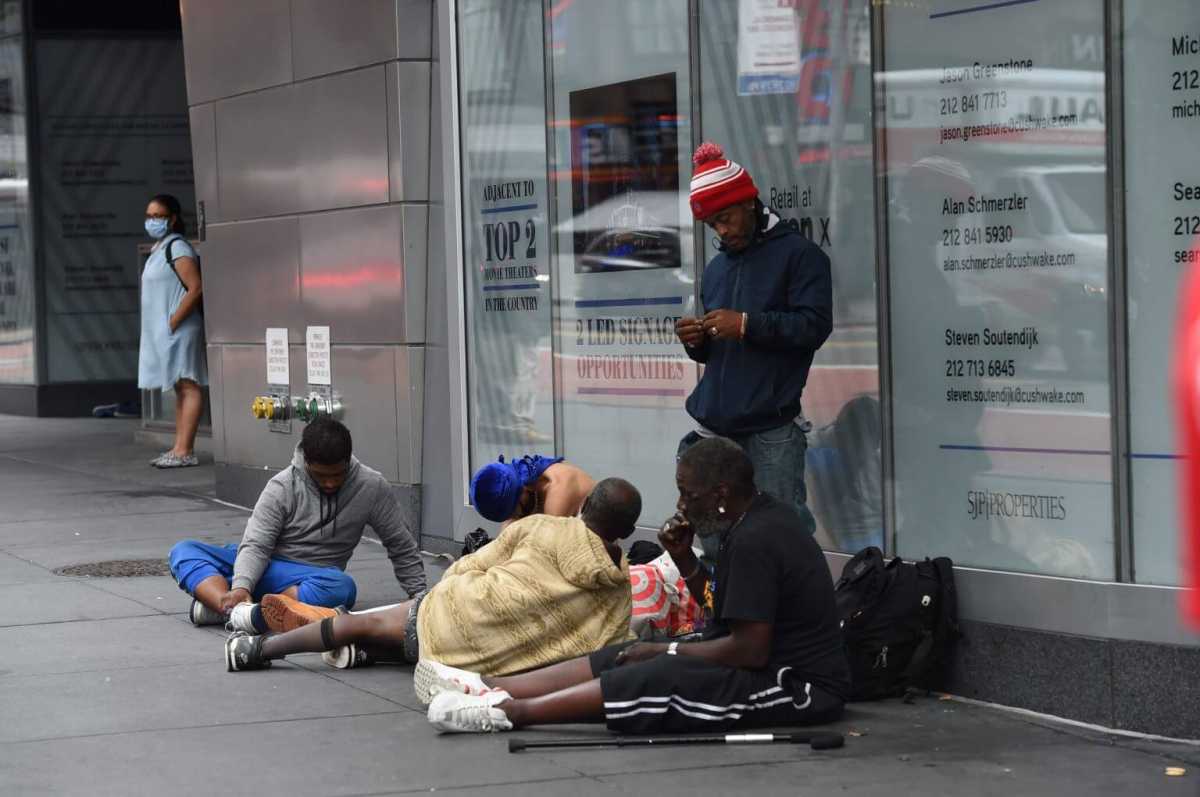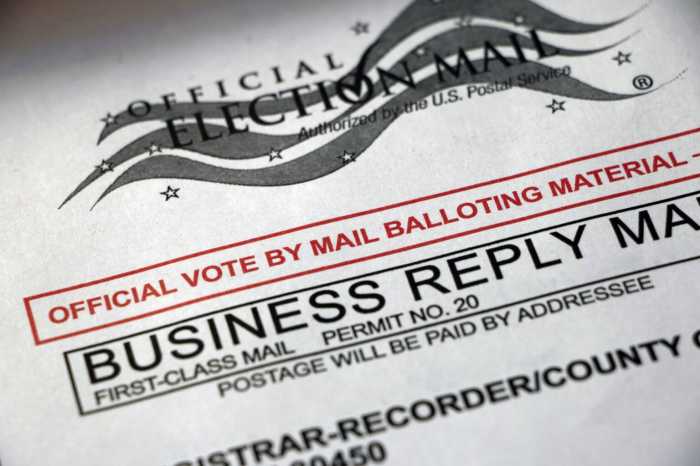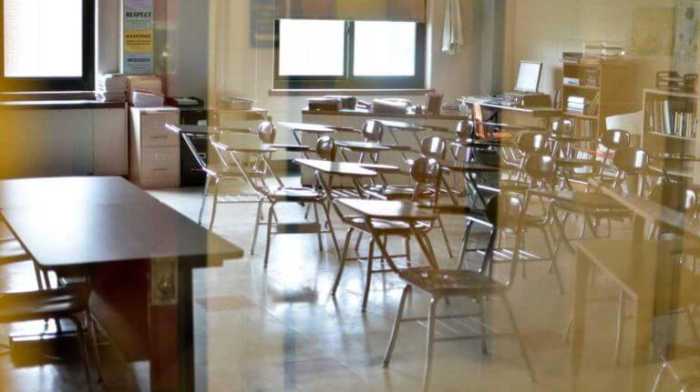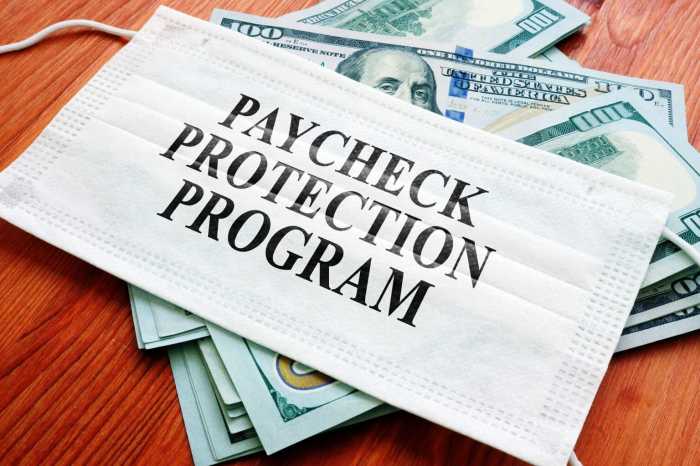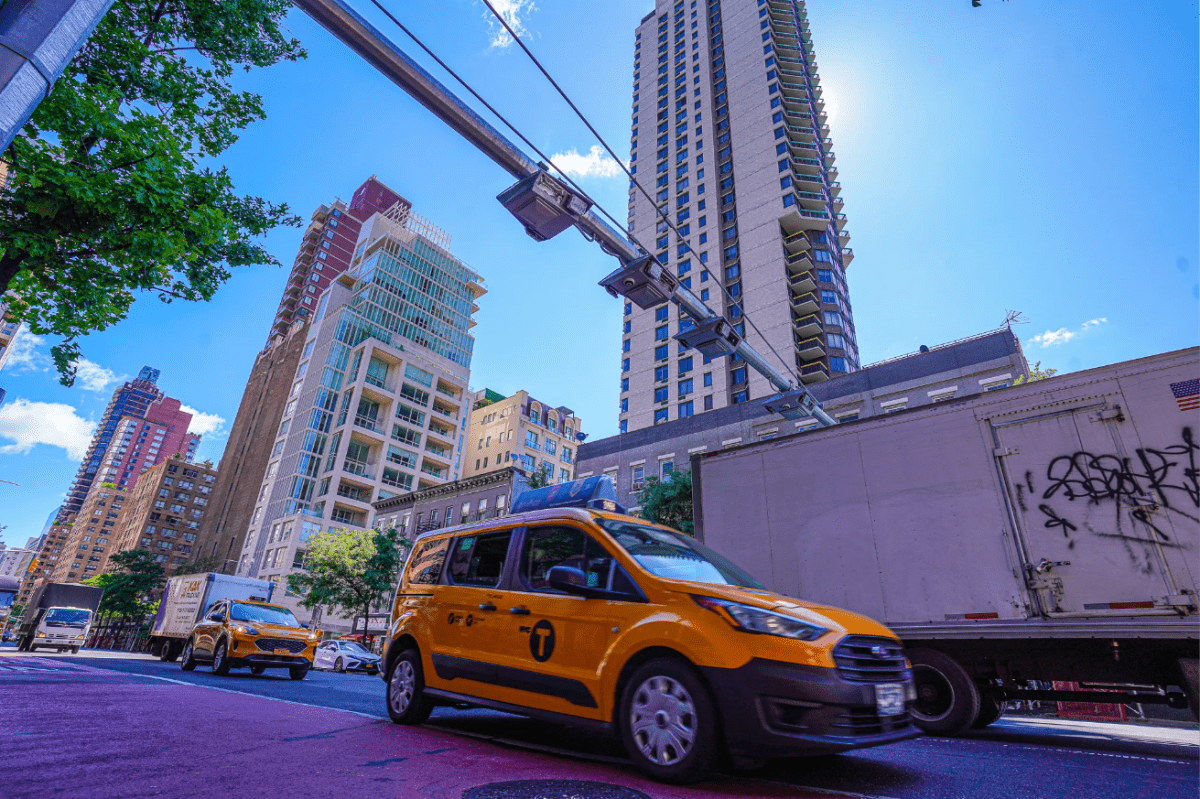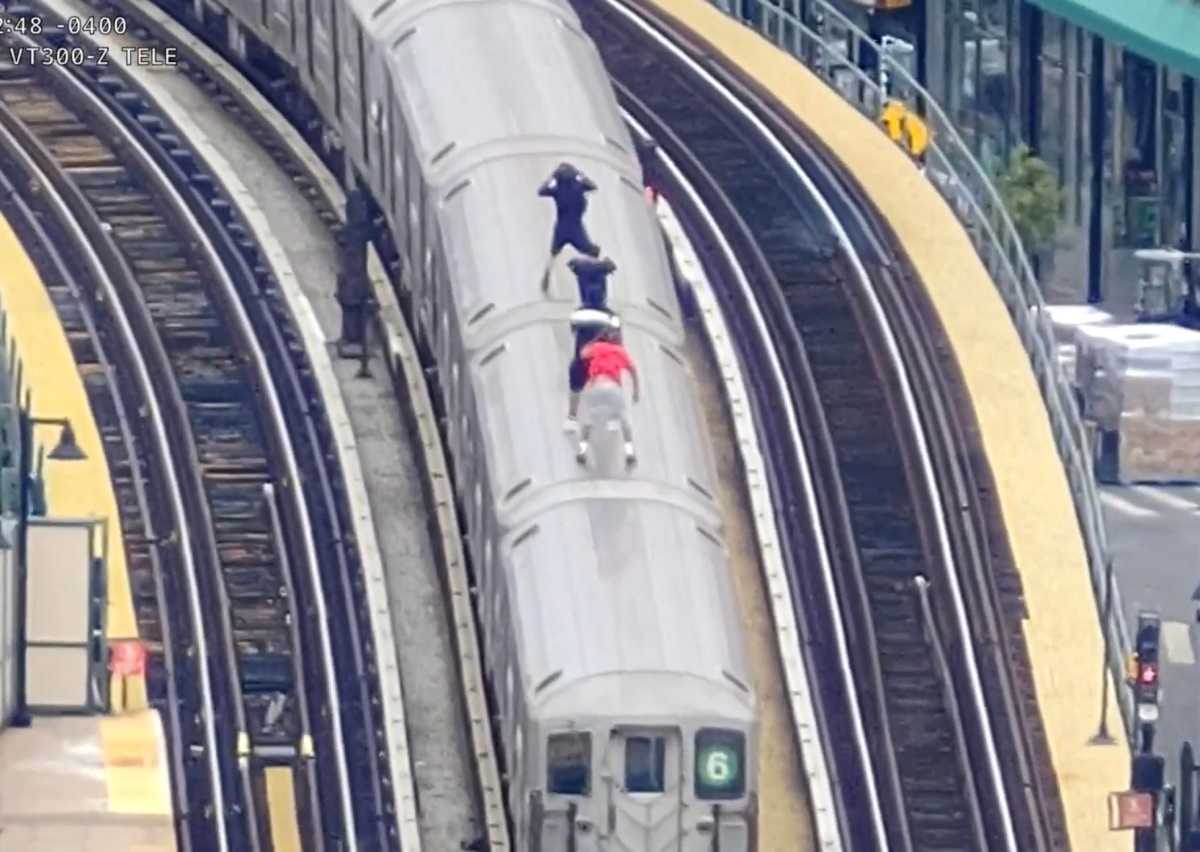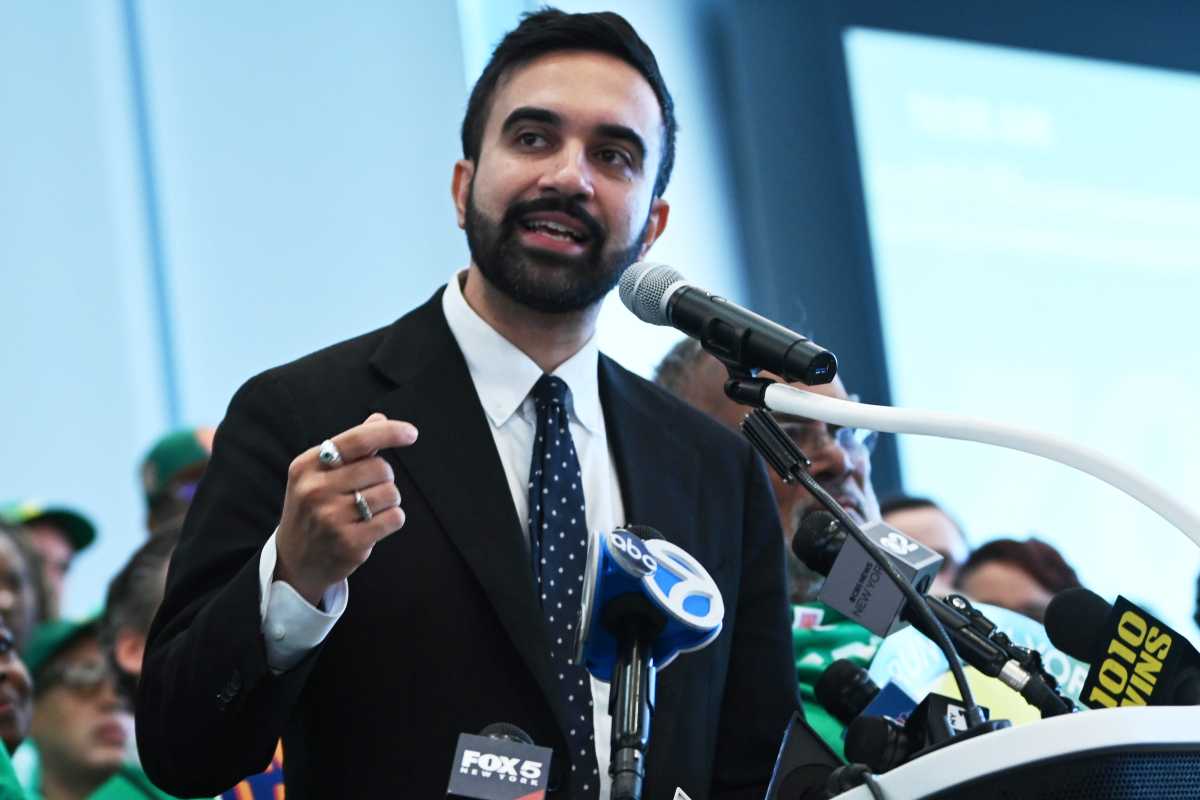BY WES MOORE
New York City’s nonprofits have always played a critical role in supporting vulnerable New Yorkers, but the effects of COVID-19 have significantly exacerbated the demand for human services, wreaking havoc on the frontline organizations that New Yorkers depend upon. Now a decision by the Mayor threatens their viability amidst an ongoing pandemic and unprecedented unemployment rates.
On the city’s chopping block are reimbursements to groups that help feed hungry seniors, provide mental health care, educate our children, and clothe and house the homeless. For years, these organizations have been a lifeline to New Yorkers living in poverty and, throughout the pandemic, they remain on the frontlines providing essential life-saving services.
That’s why it is essential that the Mayor immediately reinstate his commitment to fully reimburse the city’s human service organizations for their indirect expenses.
Since March, Robin Hood has invested more than $40 million in over 500 local nonprofit groups providing cash assistance, emergency food, rental assistance, and healthcare to neighbors plunged further into economic insecurity by this virus. While Robin Hood and others continue to help these organizations do their essential work, dependable city government funding is the only realistic path toward their sustainability.
In 2019, Mayor de Blasio and Council Speaker Corey Johnson touted a fiscal year 2020 budget deal that committed to close the gap in reimbursements for human service organizations’ so-called indirect expenses. But, earlier this month, the Mayor announced his intention to walk back the 2020 budget commitment by cutting these reimbursements by 40 percent.
This seemingly innocuous budgetary decision translates to tens of millions of dollars, which will leave community organizations holding the bag for approved, budgeted expenses like utilities, bills, and rent. An increased demand for services, rising hazard pay for workers, building closures, and enhanced cleaning measures have imploded the already tight budgets we force these groups to balance. These slashes will not only cripple many of these community organizations, but risk leaving hundreds of thousands of New Yorkers in need with nowhere to turn to for help.
Community service providers have, for years, borne the brunt of economic downturns and budget cuts. For years, that dynamic has helped fuel the Tale of Two Cities that this Mayor has so admirably sought to unwrite. We must hold him to his word and beat back this proposal.
Our city is fighting to recover; but the pandemic is on-going, the economic crisis rages on, and millions remain in need. Now we have a chance to rewrite the playbook on how cities rebuild by putting the people most vulnerable to crises first. Starving those who feed the hungry cannot be the way forward.
Wes Moore is the CEO of Robin Hood, one of the largest anti-poverty forces in the nation. He is a bestselling author, a combat veteran, and a social entrepreneur.

